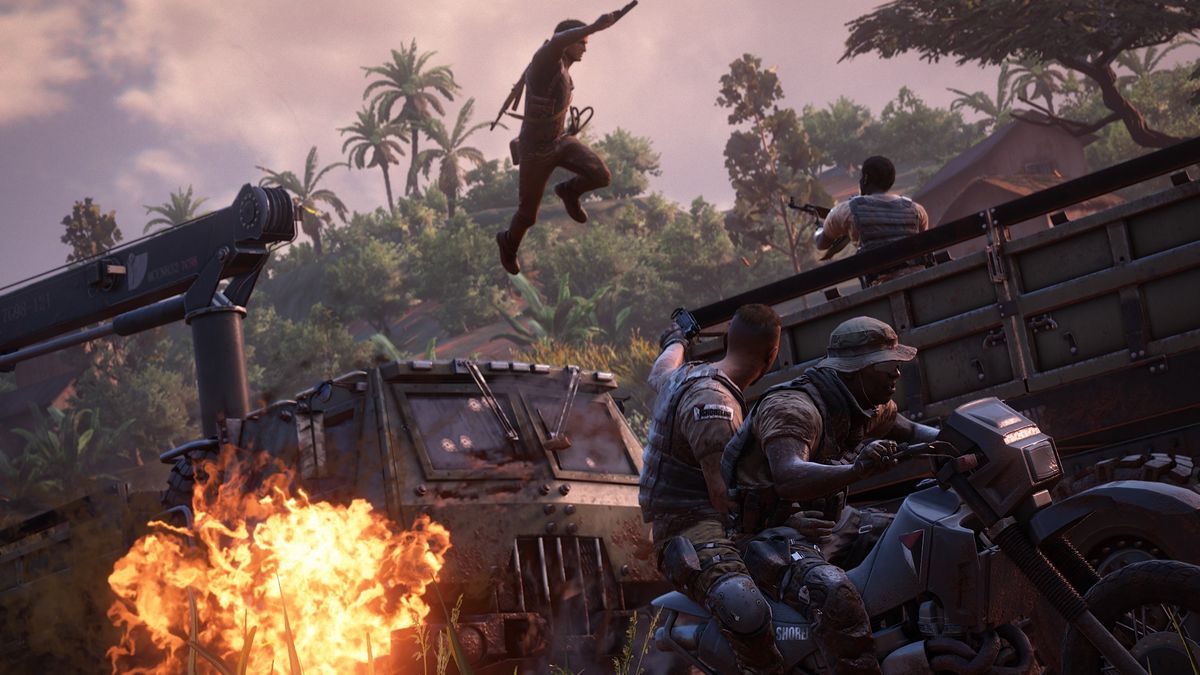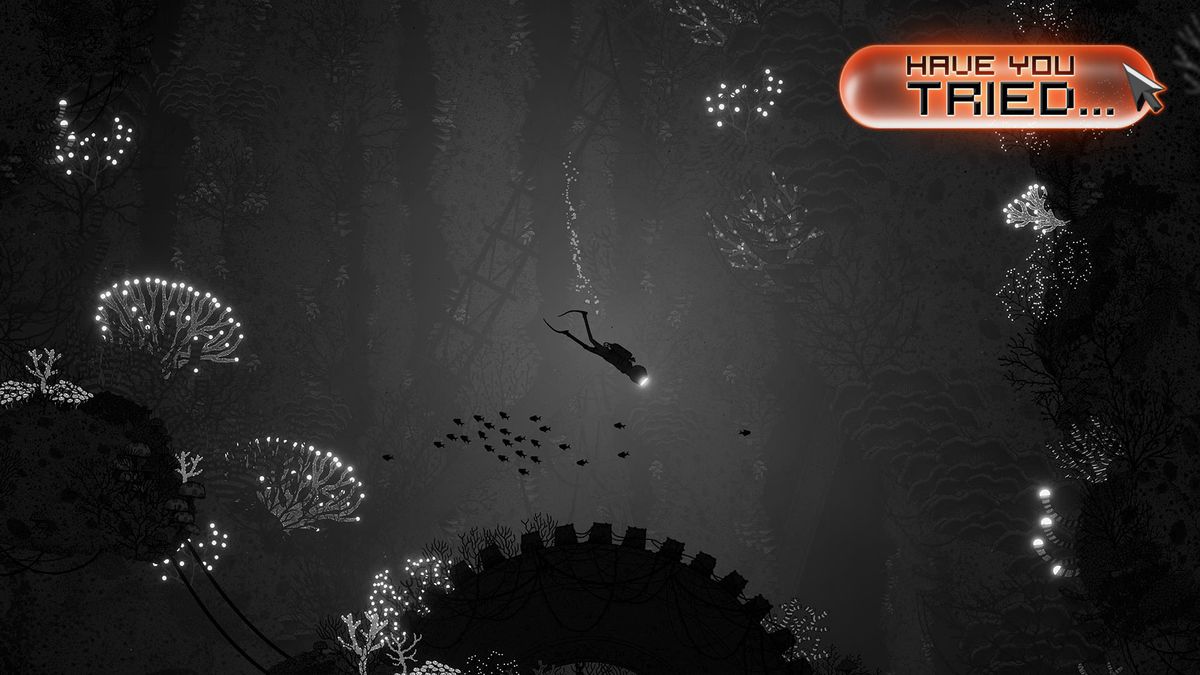Tom Hunter, who runs the Arthur C Clarke Awards, talks to the Clarke Award-winning author who wrote one of his personal faves
It goes without saying that it’s a great book, and I’d suggest Paul is one of the most interesting contemporary science fiction writers out there, so I was especially pleased to hear that the good folk at Gollancz have recently released his entire backlist as shiny new ebooks, and it seemed the perfect opportunity to drop Paul a line and ask him a few questions on his recent digitisation.
TOM HUNTER: ebooks seem like a great opportunity for authors to bring their back catalogues into circulation, but how involved are you as the author in the process? Is there a temptation or the opportunity to go back and fix minor things or is it easier to stay focused on the latest work and let Gollancz do their thing?
PAUL MCAULEY: “I confess that I did read through the proofs of the five of my back list titles released so far (they were paperbacks before they were issued as ebooks) and make some minor changes and corrections. But that’s all. Ten or twenty years on, there are choices I made back then that I wouldn’t make now, of course, but they wouldn’t necessarily be better changes. One has to learn to let go, when the book is published, and one has to learn that all over again when it’s revived and republished.”
TH: Speaking of latest projects, can you tell us a little something about the latest book
PM: “I can tell you that the title is In The Mouth Of The Whale , and that it’s another Quiet War novel. One of the characters from The Quiet War and Gardens of the Sun reappears, but the story is, I hope, self-contained. It takes place some twelve hundred years after the events in the first two novels, in the great belt of dust and debris around the nearby star Fomalhaut, and in and around its gas giant. There’s a war triggered by the arrival of an ancient starship, a library infested with demons, a big dumb object hung in the atmosphere of the gas giant…”
TH: I’d also be interested to know if having an awareness that at least part of your readership will be consuming your work on a variety of different screens makes any difference to your process, or is the medium is entirely irrelevant to the story?
PM: “I read ebooks on an iPod, and after getting used to turning a page every couple of paragraphs, the medium becomes transparent: I’m able to focus on the text rather than its platform. And I hope any medium on which my novels and stories are read is equally transparent. I know some stories are specifically tailored in short chunks for, say, mobile phones, but the majority aren’t. What is most relevant to the reader, in terms of platform, is how easily their chosen books can be bought and ported onto their choice of device. Of course, everything might change in the next couple of decades, but right now the multimedia novel is another form of oulipo – experimental, sometimes interesting, but not mainstream. Not that I have anything wrong with experimental texts, by the way – one of my short stories, Edna Sharrow , is based on several photographs I took in various parts of London, and can be found on my web site at http://www.omegacom.demon.co.uk/sharrow1.htm (opens in new tab) .”
TH: It also seems that ebook and digital publishing does offer new opportunities for authors and makers of work. Have you ever thought of creating something “beyond the book” as it were?
PM: “Not yet – apart from adding value in the form of associated short stories, appendices, interviews, and so on. The potential is there – interactive maps, site-specific readings, soundtracks, videos inspired by scenes or characters – but these would have to be collaborative, and I haven’t yet got my head around that. And perhaps that kind of thing is better suited to non-fiction rather than fiction? I’m a big fan of infodumps that are integrated into the story, but I’m wary of anything that, like footnotes, interfers with the interaction between reader and text; that knocks them out of the ideal collaborative dreamstate. And I’m still obsessed with writing the best novels I can. Each takes a year, a year and a half. Anything else I can bring to the table is secondary to that.
“One item of added value that wouldn’t be hard to create would be a hardback with the high-end production values of limited editions – pages sewn rather than glued together, signed, numbered, with a frontispiece illustration and so on, and with the ebook bundled in with it. That’s added value I’d definitely support.”
TH: Sticking with the idea of settings, I’m still greatly inspired by the presentation you did at the Royal Observatory for Sci-Fi London on all of the amazing real discoveries being made but seemingly overlooked by the majority of SF writers who set their stories in space. Have you seen any signs of a new rigour in space setting at all, or are we still largely at the Jungle Planet , Desert Planet , Ice Planet level in most instances?
PM: “What bugs me more than the desert planet/ice planet meme are stories in which planets or moons possess a single culture, and an economy (invariably some kind of free market economy) underpinned by export just one or two raw materials – spices, or some kind of ‘rare’ ore. But things are changing, I think. John Varley and Kim Stanley Robinson were early explorers of the Solar System’s rich variety, and there are definitely more and more writers making use of the discoveries of the various robot probes and spaceships, and acknowledging that even small moons can possess fantastically varied landscapes. Al Reynolds immediately springs to mind, and I’ve read plenty of stories that use the outer planets and their various moons as settings, from established writers like Michael Swanwick and Stephen Baxter to new writer Karl Bunker. The New Solar System – there’s a theme for an anthology.”
TH: And finally, Adam Roberts and a lot of other people think there’s a good case for Fairyland being a Clarke of Clarkes (if we ever did such a thing) and it’s certainly one of my favourites. Have you thought of returning to that setting at all?
PM: “I haven’t. Before I started to work on Fairyland , I wrote several stories that explored the fringes of its setting, but once the novel’s story was finished, it seemed absolutely finished. It didn’t need a coda or an appendix or a sequel. But I did write two more novels, The Secret of Life and White Devils , which like Fairyland explore the outer fringes of biological science, are told in the present tense, and are set a couple of decades from the time in which they were written. They also share one character from Fairyland . This thematic trilogy has mostly been overlooked because each novel was brought out by a different publisher. It would be nice, at some point, to reunite them!”
Further reading:
Paul McAuley on the ebook releases of his back catalogue: http://www.orionbooks.co.uk/promotions/celebrating-fairyland-and-25-years-of-the-arthur-c.-clarke-award
Adam Roberts’s essay on Fairyland : http://punkadiddle.blogspot.com/2011/03/paul-mcauley-fairyland-1995.html
 Game News Video Games Reviews & News
Game News Video Games Reviews & News


